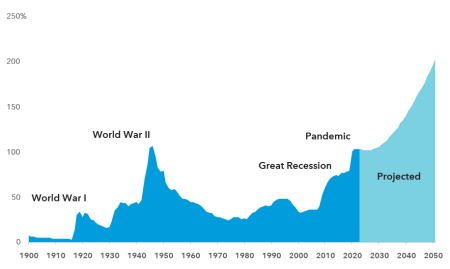OSE Immunotherapeutics: A Promising Player in the Biotech Arena
The biotech industry is known for its inherent volatility, with companies often experiencing dramatic swings in fortune based on the success or failure of their drug development efforts. OSE Immunotherapeutics, a French company focused on cancer vaccines, presents a compelling case study within this dynamic landscape. Recent developments, including the launch of a global Phase 3 trial for its lead cancer vaccine candidate, Tedopi, suggest a promising trajectory for the company. This trial, encompassing the U.S., U.K., Canada, and Europe, represents a significant step towards regulatory approval, a crucial milestone in bringing a novel cancer immunotherapy to market. The company’s focus on preventative cancer vaccines positions it at the forefront of a rapidly evolving field, with the potential to revolutionize cancer treatment paradigms.
OSE’s strategic partnerships with industry giants further bolster its prospects. A collaboration with AbbVie, a leading pharmaceutical company, focuses on developing treatments for chronic inflammation. This partnership not only provides OSE with a substantial financial injection, with an initial $48 million investment that could potentially reach $665 million based on milestone achievements, but also validates the scientific merit of OSE’s research and development efforts. Furthermore, an expanded partnership with Boehringer Ingelheim, another prominent pharmaceutical player, targets therapies for cancer and cardio-renal metabolic diseases, further diversifying OSE’s pipeline and expanding its potential market reach.
OSE’s stock performance reflects the growing optimism surrounding its potential. Over the past year, the company’s shares have seen a remarkable 66% increase, significantly outperforming the broader market. While past performance is not indicative of future results, this surge suggests that investors recognize the potential of OSE’s innovative approach to cancer treatment. The company’s CEO, Nicolas Poirier, emphasizes the critical role of immunotherapies in the fight against cancer, highlighting the need for continued innovation and investment in this field. He believes that OSE is well-positioned to capitalize on the growing demand for effective cancer immunotherapies, with Tedopi potentially leading the charge.
The biotech sector as a whole has experienced a period of volatility in recent years, with the SPDR S&P Biotech ETF, a benchmark for the industry, experiencing fluctuating returns. Factors such as interest rate hikes and market exuberance have contributed to this instability. However, there are signs of a potential turnaround, with the ETF showing modest gains in the current year. While these early indicators are not definitive, they suggest a possible shift towards a more stable and positive outlook for the biotech sector.
Small biotech companies often experience dramatic stock price fluctuations following significant news releases, typically characterized by an initial surge followed by a subsequent decline. A positive indicator of long-term potential is when the stock price, despite the post-news dip, remains significantly above its pre-news level. This pattern suggests that the market recognizes the underlying value and potential of the company’s advancements. Industry analysts observe that the biotech landscape is moving towards a more normalized environment, favoring companies with unique assets and well-understood biological mechanisms.
OSE, with its focus on innovative cancer immunotherapies and strategic partnerships with major pharmaceutical companies, appears to fit this profile. While the company is not currently profitable, financial projections suggest a positive earnings per share outlook for the coming years. This anticipated profitability, combined with the promising clinical development of its lead cancer vaccine candidate and strong partnerships, positions OSE as a potentially attractive investment opportunity within the dynamic biotech landscape. The company’s relatively small market capitalization also presents the possibility for significant growth, should its therapies prove successful in clinical trials and gain regulatory approval. As with any biotech investment, however, there are inherent risks, and investors should carefully consider these factors before making any investment decisions.










